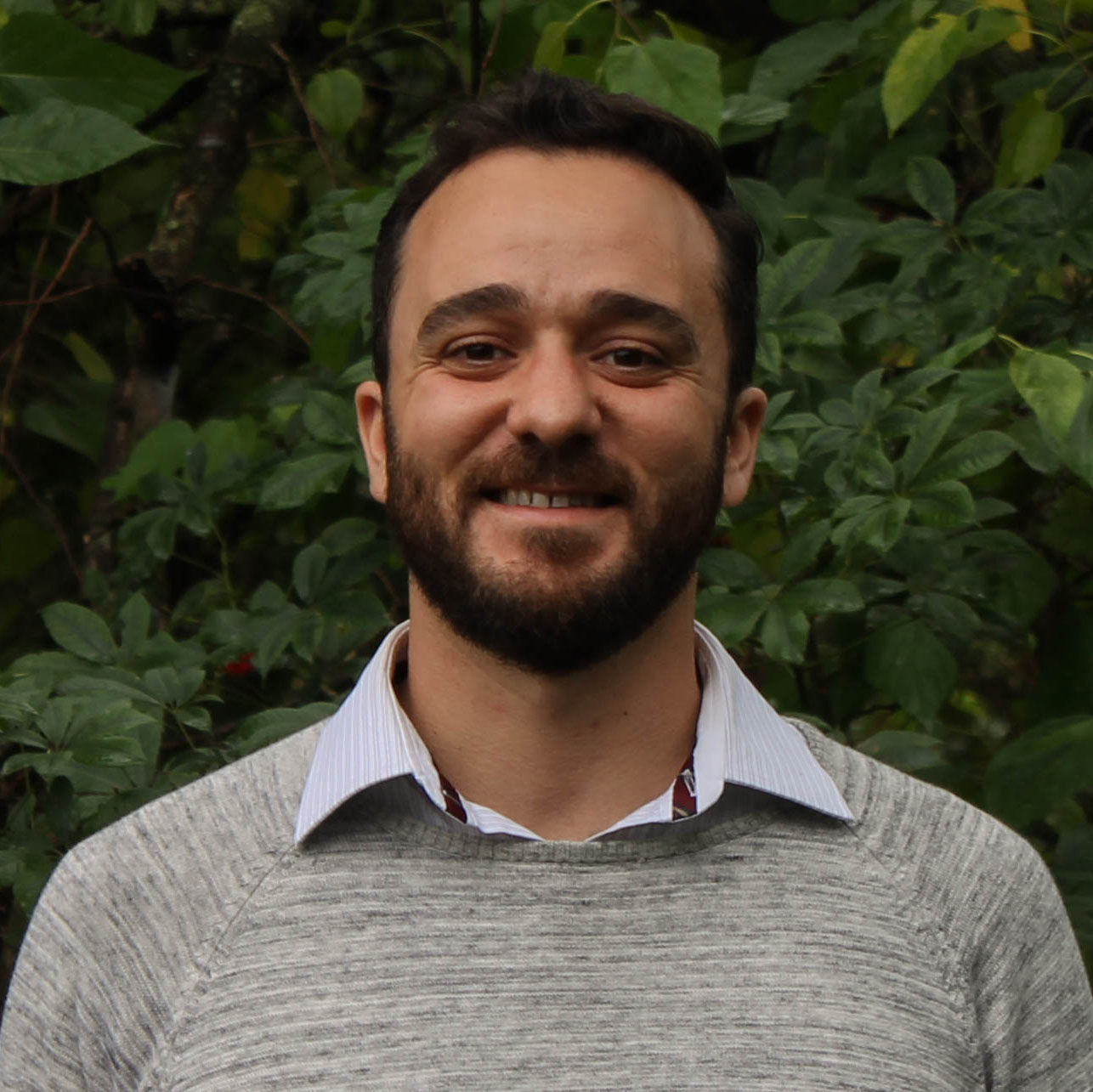The talk addressed some initial parameters for a historiographical approach of the sound in documentary film tradition as well as some perspectives to consider it from a theoretical point of view. Since the “silent” period, critics, producers, filmmakers and musicians have written (pre-) theories, criticisms, reviews, and observations about sound in documentary and non-fiction works. Such materials, which have been little explored, are important primary sources to think of history, theory, trends, and epistemological turns of the documentary film tradition. Documents such as sound/music accompaniment manuals, music scores, cue sheets, and sound/music scripts, which have also been neglected, are equally relevant to the subject matter. Along with some filmic examples, the main lines of thought and debate present in those writings and documents were discussed, with special attention to the following topics: sound practice in the “pre-sound” era; the “pre-sound” era influence and the emergence of specific terms and concepts during the 1920s, 1930s, 1940s and 1950s; overview on 1960s, 1970s, and 1980s new sound trends. Although theoretical and historiographical studies on sound in documentary film are still in an embryonic state compared to studies on sound in fiction films, it is possible to say that a fertile field of debate has emerged in the academic world in recent years. Thus, the talk also gave a very brief overview of the main trends of the recent scholarly writing.
Renan is a researcher supported by São Paulo Research Foundation (Fapesp) and a member of the Research Center for Documentary Film (CEPECIDOC) and of the Research Group in Music and Sound Design Applied to Dramaturgy and Audiovisual at University of Campinas (Unicamp), in São Paulo, Brazil. He is a Ph.D. candidate at the Department of Cinema at Unicamp and holds a bachelor’s degree of music with honors from Unicamp and a master’s degree in film studies from Unicamp.


